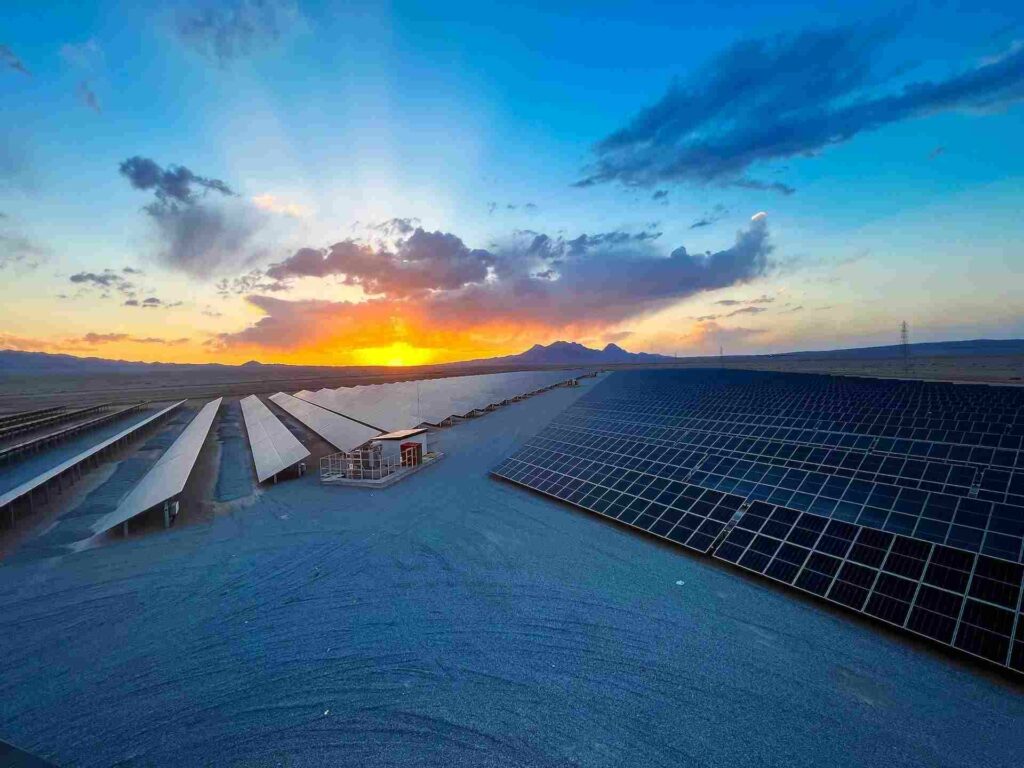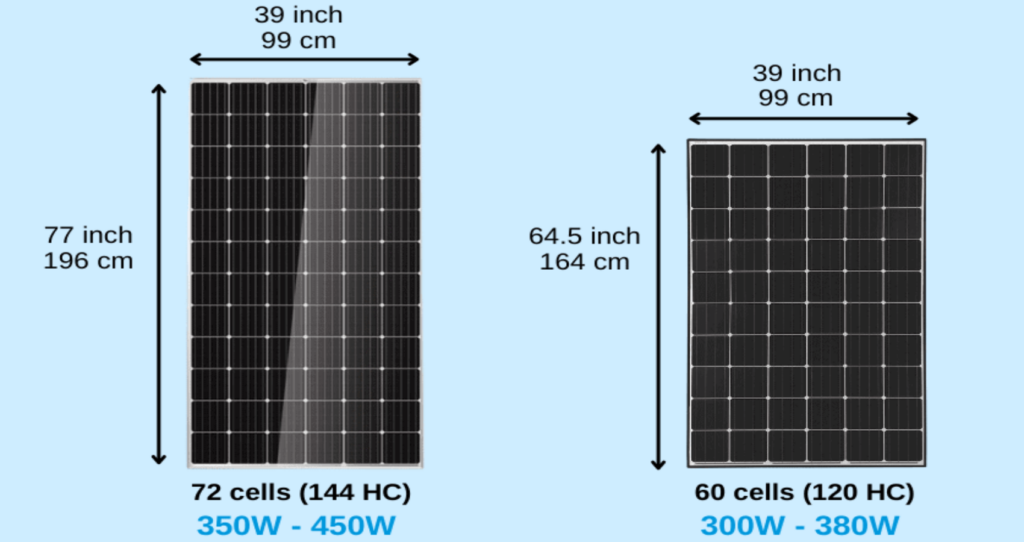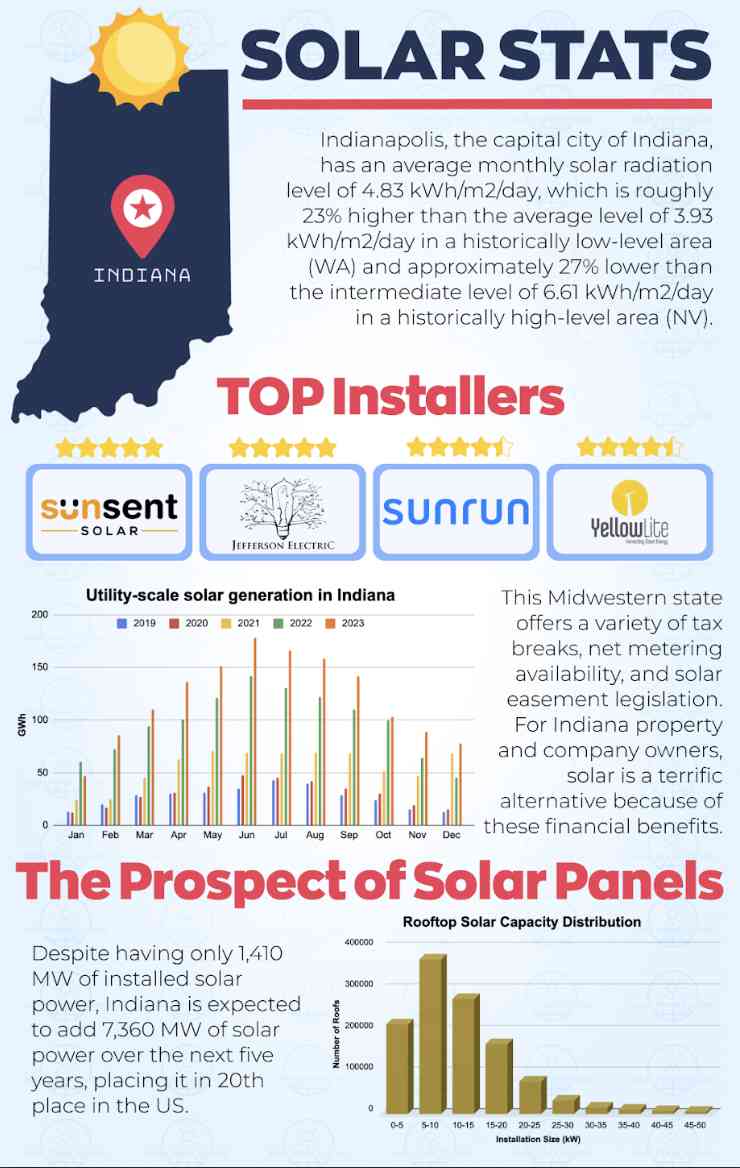The global movement toward renewable energy sources has made solar panels an increasingly popular choice for residential and commercial property owners seeking alternative energy solutions. Nevertheless, the choice to have solar panels installed has advantages and disadvantages that are worthy of consideration given the individual needs of a property’s need and situation. If you consider installing solar panel technology in your area, many economic consequences, environmental implications, and practical facts are to be reviewed through an objective process, such as how to choose right solar panel type for your home or how to find solar companies near me. Solar energy has its pros and cons, so knowing about it in advance might allow property owners to finally decide whether they need the sun’s inexhaustible reserves of power.
The Benefits of Solar Panel Technology
The same potential energy from the power of the sun is effectively utilized by solar panel technology to generate electricity that can run a household or a commercial building. The use of this additional renewable energy source has several advantages over common fossil fuels.
To begin with, solar panels harness power from the sun which is in unlimited supply. Solar is virtually a zero-emission form of generating power so long as the sun shines. However, coal, oil, and natural gas are nonrenewable sources that release greenhouse gases as well as a variety of toxins when used to produce electricity.
The other reason for adopting solar energy is that it cuts utility bills with time. As much as the initial capital outlay for a solar panel system is costly, it relies on free energy. Additionally, surplus energy generated can be sold to the utility grid through net metering initiatives. Research indicates that solar panels have a payback period of 10-15 years and stand to offer users free electricity for the next three decades.
Calculating solar panel wattage is a crucial step in designing an effective solar power system. The wattage of a solar panel is a measure of its power output under standard conditions. System loss accounting is necessary to account for inefficiencies in the solar power system, including losses in energy conversion, transmission, and storage. This provides a realistic estimate of the required solar panel capacity.
Thirdly, solar energy enhances energy security and independence. Communities and nations that can harness the strength of the sun’s power will not have as much reliance on imported fossil fuels. Homeowners with solar panels also acquire a superior command over their energy costs and supply. Solar panels can serve as backup power during a period of blackouts. For example, despite its northern location and extended periods of darkness, Alaska has seen an increase in solar installations, particularly in remote areas where traditional power sources are expensive or impractical. Top solar companies in Alaska are fueling the growth of solar energy in the state with innovative solutions and off-grid installations.
The advantages solar panels can bring to the environment, economy, and energy stability are considerable despite limitations such as high initial installation costs, and insufficiency of sunlight in some areas; storage system plus battery conditions notwithstanding this is an unprecedented source of renewable energy for future generations. As the cost falls and efficiencies increase, solar panels seem set to become much more significant world power production. It is just important to find a reliable solar firm and know how to calculate how many solar panels you need to embrace the advantages of solar energy.
For example, reputable solar companies in Indiana offer a wide range of services, from residential installation to commercial solar projects.
Source: Solar Power Systems
The Drawbacks of Solar Panel Technology
Despite being an attractive form of renewable energy, there are some serious limitations of solar panel technology.
The most significant con of solar panels is the initial cost that has to be borne. The cost of initial capital investments needed to buy and install solar panels for generating solar power, among other necessary equipment such as inverters may be prohibitive. Even though solar panels can be paid off through energy saving in the long run, such expenses on solar power systems are often too high to afford for an average homeowner or business.
Solar panels also need lots of space to get sufficient sunlight. These solar shingles have to be installed in a sunny location that receives such exposure throughout much of the day and has adequate space available, which presents challenges for some properties. This will also require correct sun angle positioning throughout the year as well for both panels and installation. In Kansas and Iowa, the abundance of sunshine makes solar energy a feasible option to reduce dependence on non-renewable resources. Kansas solar energy is a vivid example of a suitable climate for developing solar power companies.
The operation of solar panels for home also relies on the condition of the weather and the amount of sunlight which is available for direct use. One of the disadvantages of this alternative source of power is that solar panels do not produce energy during cloudy days or nighttime. During such time, the energy has to be stocked in batteries so that it can be used later during operation and this process requires additional cost because as seen previously a lot of space is required for stockpiling of the produced energy.
Although solar power is a type of renewable energy, the materials and parts needed to produce solar batteries are not inexhaustible or ecological. The chief drawback of solar panels is that mining and processing are required for their raw materials such as silicon, cadmium, lead, etc. On the other hand, solar panels pose a unique challenge when it comes to recycling and disposal at the end of their working life.
While solar energy has many environmental advantages over fossil fuels, solar cell technology must be cost-effective and affordable while increasing its safety over time if it is going to play a major role in producing the world’s necessary power. Thus, through further study and invention, a lot of these flaws can be potentially overcome to make solar energy cost-effective again.
In conclusion, solar energy is a free and renewable energy source that causes no harm to the environment and does not depend on fossil fuel yet it is faced with several practical or economic limitations because of the technology itself. With time, the prices for solar panel production and installation stage are diminishing; hence many homeowners and businesses can afford to utilize sun energy. That’s why Iowa solar power is getting extremely advanced. The potential for renewable and sustainable energy, job creation, and economic growth is consistent with the states’ goals. However, challenges such as high upfront costs, intermittency, and environmental considerations must be carefully considered.
Nevertheless, capital costs also payback periods for solar power are too long and some people were not attracted by the sporadic properties. Through additional advancements in technology, a broadened adoption, and supportive policies and incentive mechanisms; solar energy stands to constitute an even greater proportion of the global renewable energy share. Every disadvantage and advantage of this technology should be critically evaluated taking into consideration the particular conditions in which a person or even an organizational unit finds itself concerning solar panels.




